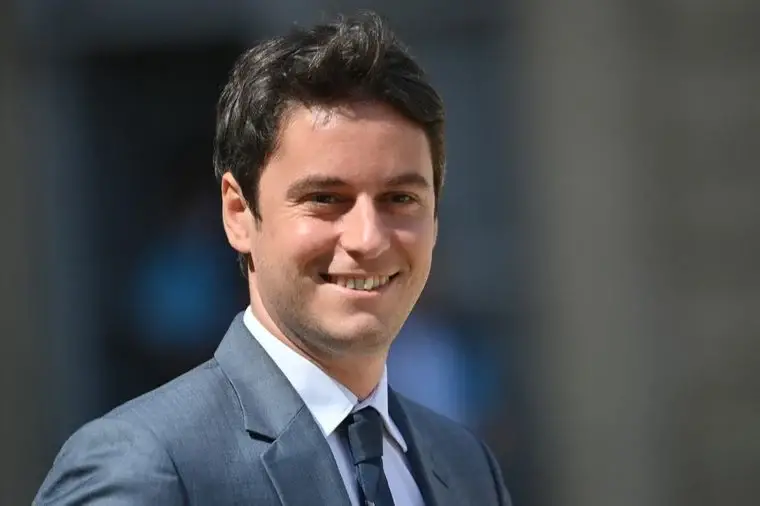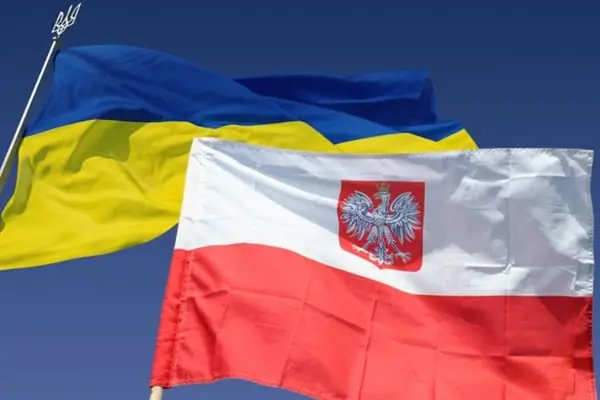Gabriel Attal has become the new Prime Minister of France. What to expect?

34-year-old Attal became the youngest head of the French government since Napoleon
Former Minister of Education Gabriel Attal has become the new Prime Minister of France. According to polls, Attal has been one of the most popular politicians in France in recent months. Loyal to Macron, he became known as the government's spokesman during the COVID pandemic and gained a reputation as an effective communicator. This is the complete opposite of the image of the former prime minister, 62-year-old Élisabeth Borne, who never became a favorite of the French. She played the role of a "battering ram" paving the way for reforms invented or approved by Macron, but at the same time collecting all the negative.
During her premiership, there were a number of protests against pension reform and riots over the police killing of a teenager of North African descent, which greatly affected the reputation of Macron and his government.
Gabriel Attal was born in 1989 to Yves Attal, a lawyer and film producer, and Marie de Couriss, a film studio worker in the suburbs of Paris.
Gabriel Attal received an excellent education and graduated from a private school, after which he entered the famous Parisian university Science Po. Even before graduating, he became the youngest advisor and speechwriter to the Minister of Health Marisol Touraine.
Attal's political career gained momentum rapidly: at the age of 28, he became the youngest secretary of state, at 29 - a party spokesman, and at 33 - a minister. It is worth noting that Attal maintains a relationship with Stéphane Séjourne, leader of the liberal Renew Europe group in the European Parliament, making him the first openly gay man to serve as prime minister of France.
This appointment may indicate Macron's desire to go beyond divisive reforms and improve his center-left party's chances in the European Parliament elections in June. After all, the far-right party of Marine Le Pen has recently gained popularity in France, and she also has the highest chances of becoming the new president of France.
This reshuffle could also be the first milestone in the Macron camp's struggle to decide who will succeed him in the next presidential election in 2027: former Prime Minister Edouard Philippe, Interior Minister Gerard Darmanin, and Finance Minister Bruno Le Maire are all considered potential candidates, along with Attal.
Attal's first task as prime minister will be to form a new government, but he will likely have limited room for independent personnel decisions, as the president has likely already made the relevant appointments.
Macron hopes that the new prime minister and the new government policy will at least reduce, and perhaps overcome, the gap between the presidential party and Le Pen's National Rally. After all, Macron actually appointed the person whom the French wanted to see in this position the most. Attal served as Minister of Education for only six months. However, during this period, he implemented initiatives to combat bullying and ban the display of religious symbols in schools. These reforms have greatly contributed to his popularity, so it is likely that the new head of the French government will continue to work on "smoothing out the sharp edges" in politics and raising the rating of Macron's team.
In particular, the new prime minister has long been an activist and regional deputy from the Socialist Party, which he left in 2017 to join Macron's newly formed political force. There are expectations that the new head of the French government, who is sympathetic to left-wing ideas, will be able to improve relations with the left-wing opposition, which, in turn, should reduce the current government's dependence on the support of the right.
Ultimately, it is the support of left-wing political forces that may be decisive in the 2027 presidential election in the confrontation with Marine Le Pen de Attal, who is considered the most realistic candidate for the government in this scenario.











